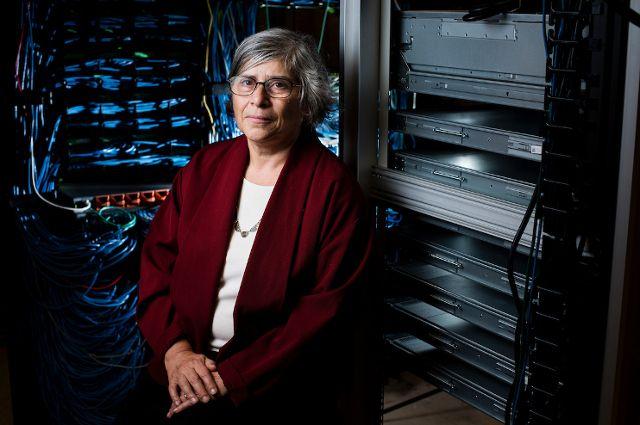-

Hear from Professor Monica Toft
Learn how Professor Monica Toft is shaping the study of global affairs and diplomacy at Fletcher.
Hear from Prof. Toft -

Explore Fletcher academics in action
Fletcher Features offers insights, innovation, stories and expertise by scholars.
Get global insights -
Get application tips right from the source
Learn tips, tricks, and behind-the-scenes insights on applying to Fletcher from our admissions counselors.
Hear from Admissions -

Research that the world is talking about
Stay up to date on the latest research, innovation, and thought leadership from our newsroom.
Stay informed -
Meet Fletcherites and their stories
Get to know our vibrant community through news stories highlighting faculty, students, and alumni.
Meet Fletcherites -

Forge your future after Fletcher
Watch to see how Fletcher prepares global thinkers for success across industries.
See the impact -

Global insights and expertise, on demand.
Need a global affairs expert for a timely and insightful take? Fletcher faculty are available for media inquiries.
Get in Touch
Did Colorado’s COVID-19 exposure notification app succeed? It’s complicated.
Susan Landau comments on factors that contribute to successful apps for COVID-19 contract tracing in The Denver Post.

Colorado hasn’t attempted to quantify cases that were avoided, but studies in other places found wide possible ranges, depending on what they assume about how many contacts were infected and how well they followed quarantine rules. A study in the United Kingdom found the app could have prevented anywhere from 100,000 to 900,000 cases.
The U.K. study also found that the app notified roughly twice as many contacts as traditional tracing, perhaps because people forget who they saw recently, or didn’t exchange names with everyone. Use of the app was uneven, though, meaning people in some places were more likely to see a benefit than others.
It’s not shocking that people who had greater trust in public health were more likely to download the app, said Susan Landau, a professor of computer science at Tufts University’s School of Engineering. But since those who have the highest trust levels tend to be white and relatively well-off, the app may have been less effective for the essential workers who were at an increased risk of getting the virus.
When health departments do traditional contract tracing, they typically start by asking if the person can safely isolate at home, and if they need assistance getting food or other necessities, Landau said.
“It’s only after they do the caring kinds of things, do they move to, who could you have exposed,” she said.

